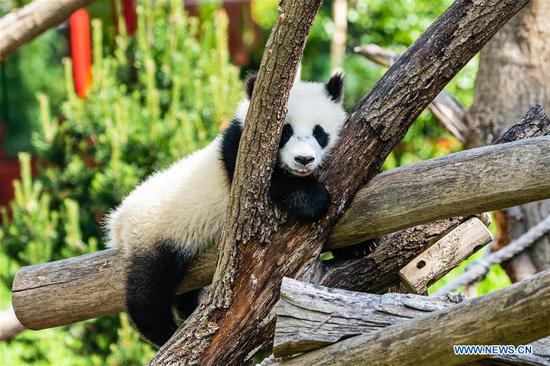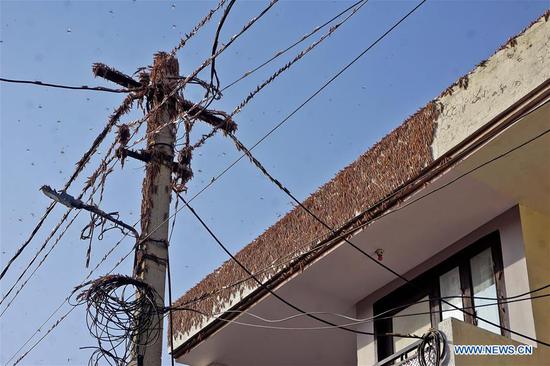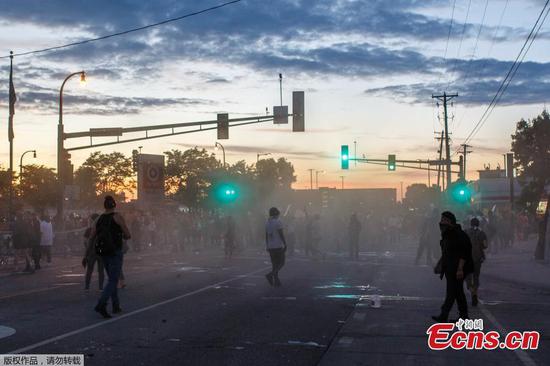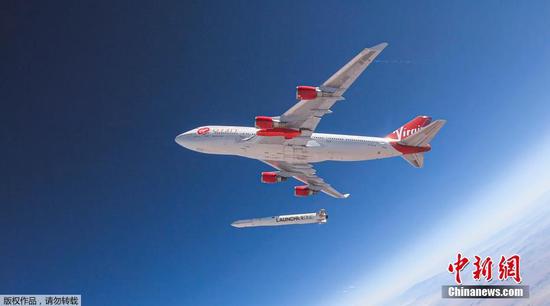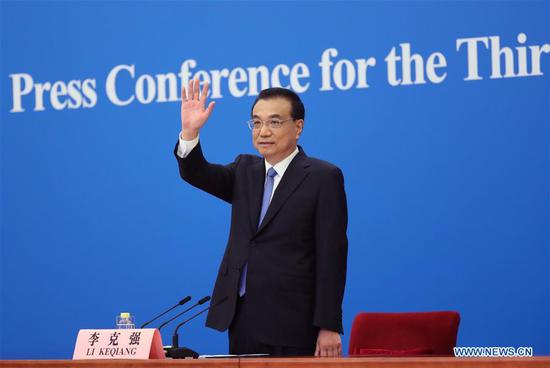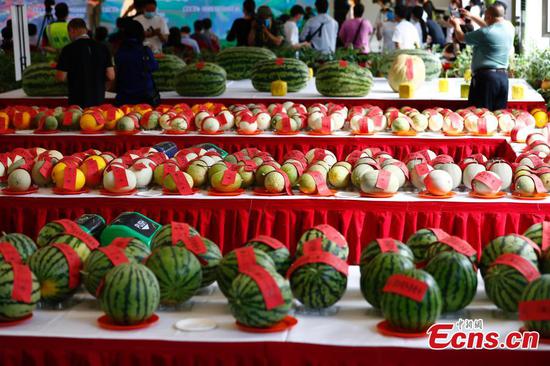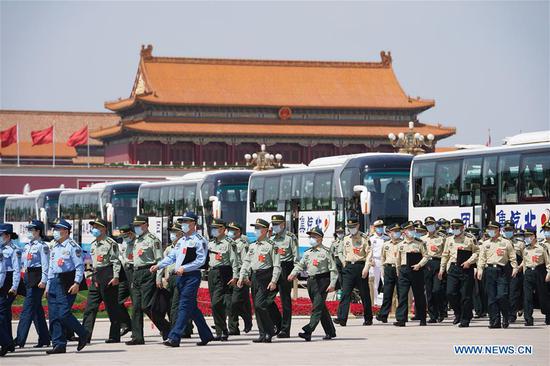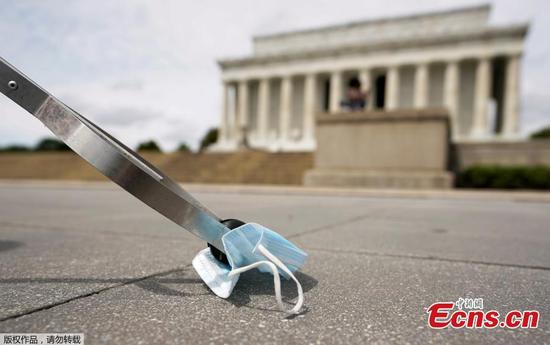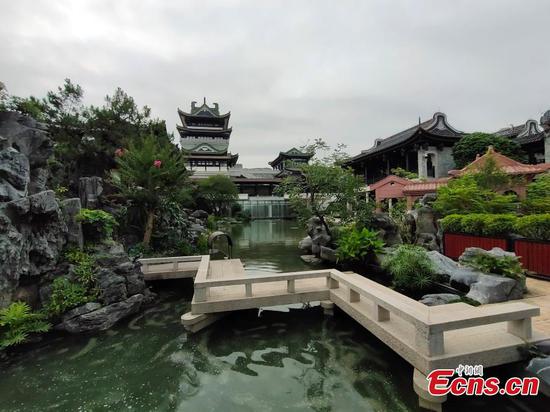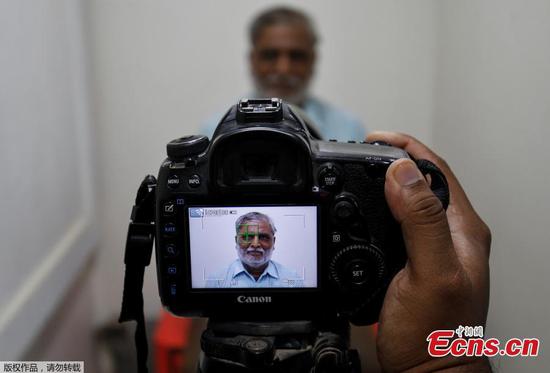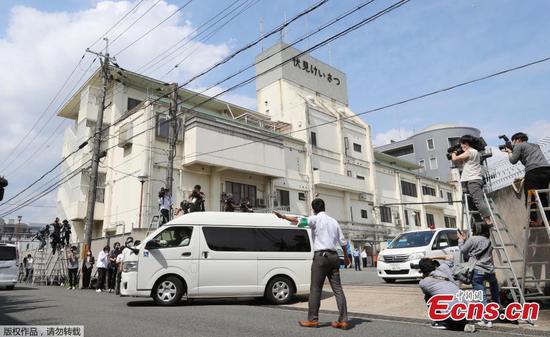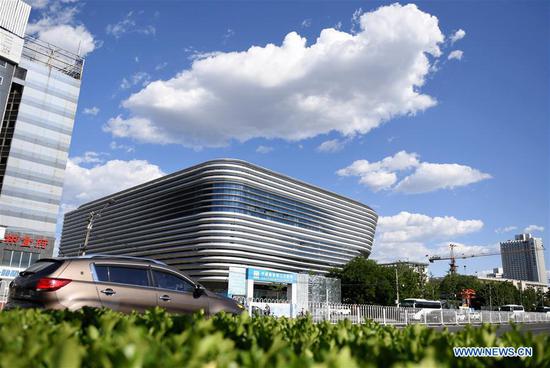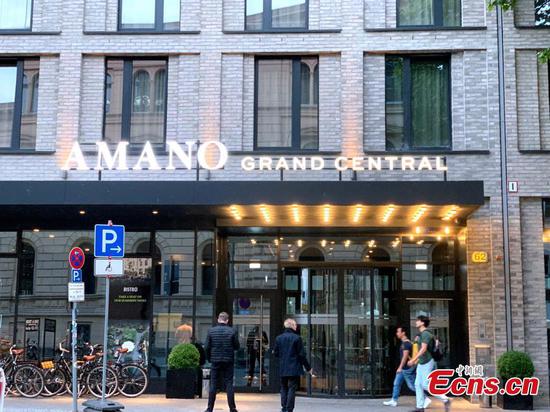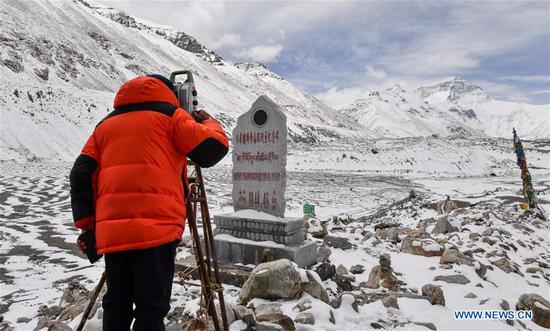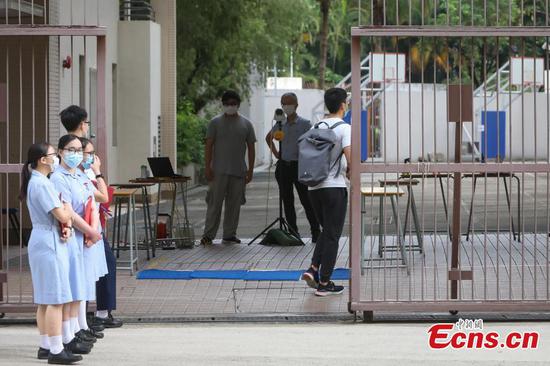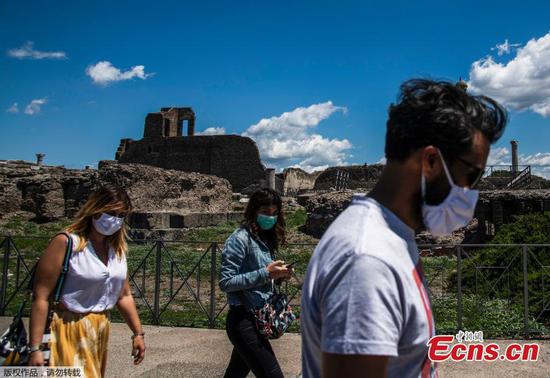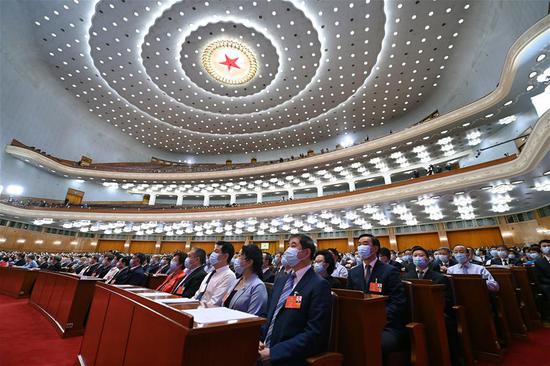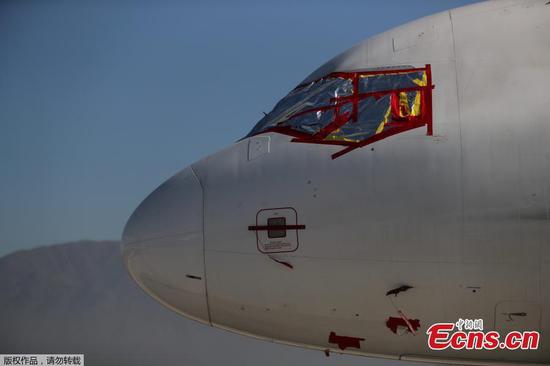The national security legislation for Hong Kong will help stop acts endangering China's sovereignty and security and promote the special administrative region's peace and prosperity, experts have said.
On Thursday, Chinese lawmakers voted overwhelmingly at the third session of the 13th National People's Congress (NPC), the top legislature, to approve a decision on establishing and improving the legal system and enforcement mechanisms for the Hong Kong Special Administrative Region (HKSAR) to safeguard national security.
Henry Chan, a visiting researcher of the Manila-based thinktank Integrated Development Studies Institute, said the NPC's decision on national security legislation for Hong Kong demonstrates to the international community the Chinese central government's firm determination to safeguard its national sovereignty, security and territorial integrity, as well as its clear stance that Hong Kong affairs are China's internal affairs.
The move will prevent and punish acts that jeopardize national security to ensure peace, stability and prosperity of Hong Kong, Chan said.
"It is apparent that there is a small group in Hong Kong, instigated from abroad, trying to stir disturbances in Hong Kong," said Khalid Dirar, a professor of political science at al-Rasid Center for Strategic Studies in Khartoum, Sudan.
"China has the right to enact what it sees suitable laws to improve the legal system and enforcement mechanisms" for the HKSAR, the professor noted.
Dirar stressed the importance of maintaining the principle of "one country, two systems," saying "this principle has proved to be effective via its implementation in Hong Kong and Macao and it should not be allowed to be undermined."
Vasily Kashin, a senior research fellow at the Center for Comprehensive European and International Studies of Russia's National Research University-Higher School of Economics, said certain forces in Hong Kong which "are clearly connected with foreign states" have posed a threat to China's sovereignty, territorial integrity and national security.
No government in the world will tolerate acts of such forces, he said.
Giulia Sciorati, a researcher on China at the Italian Institute for International Political Studies, said that Hong Kong remains a crucial financial center for Beijing, and that the protests in Hong Kong "have jeopardized the city's political and economic stability."
Evaristus Irandu, a professor with the University of Nairobi, said that external forces, some of whom are irked by China's development, attempted to use Hong Kong as a launching pad for dissent.
"Hong Kong is and should be part of China," he noted, adding that any potential threat of secession in Hong Kong would jeopardize the country's endeavor to strive for shared prosperity. Enditem
















